by Erin Zack | Feb 11, 2022 | Faculty

The Office of Alumni Engagement is looking for Canisius faculty and staff, who are also alumni, to participate in its annual Alumni Note Writing Program.
The volunteers for this program write personal, hand-written letters to prospective high school students who have been accepted by the college but have not yet deposited yet. If you are willing to help with this initiative, please contact Erin Zack at erin.zack@canisius.edu and she will arrange for a note writing packet to be sent to you. You will receive everything that you need to write the notes, including note cards, stamps, the students’ names and addresses and a sample letter. We ask each volunteer to write to 15 students.
Email erin.zack@canisius.edu if interested!
Submitted by: Erin Zack, director, Office of Alumni Engagement
by Yvonne Widenor | Feb 11, 2022 | Faculty

Please join us on Friday, February 18, 2022 from 12:00 p.m. to 2:00 p.m. in the Andrew L. Bouwhuis Library as we continue to create scarves that will be donated to the Mitten Fence in Peoples’ Park.
There are supplies for knitters and crocheters, as well as a simple sewing project. Everyone is welcome to join us, and you are welcome to bring your own project too (B.Y.O.P.). We are grateful for the continued support of Taheri and Todoro, PC, which generously provide us with funds for supplies.
Please contact Professor Yvonne Widenor at widneroy@canisius.edu for more information.
Submitted by: Yvonne K. Widenor, visiting assistant professor and program director, Art History Program, Fine Arts Department
by Tyler Kron-Piatek | Feb 11, 2022 | Faculty

Hypothes.is, a great option for collaborative annotation exercises on the web, offers workshops for faculty using, or possibly interested in trying their toolset. In COLI we don’t usually recommend vendor workshops; vendors tend to emphasize features instead of real, practical tips for teaching real students. Hypothes.is, though, is different, since their product was really designed by and for professors.
Here’s their list for upcoming workshops:
Activating annotation with Hypothesis in D2L (30 minutes)
This is a great introductory workshop if you’re new to adding Hypothesis as an external tool to your readings in D2L.
Using multimedia & tags in annotations (30 minutes)
This workshop walks you through how to increase engagement by adding multimedia and tags in annotations.
Using Hypothesis with small groups (30 minutes)
This workshop focuses on the options for using Hypothesis in small groups, and it covers how social annotation can be used to create a more collaborative learning environment.
Show-and-tell participatory workshop (30 minutes)
This workshop will help instructors who have already been using Hypothesis more fully leverage all of its features. Come to this session with one or more examples of an effective and meaningful annotation assignment that your students completed. Think of this as a professional learning community session for brainstorming and sharing.
Creative ways to use social annotation in your courses (30 minutes)
This workshop covers a variety of discussion protocols and active-learning strategies that can help make social annotation even more fun and engaging for you and your students.
They will make recordings available, too.
Share this:
Submitted by: Tyler Kron-Piatek, Academic Technologist, COLI
by Tyler Kron-Piatek | Feb 11, 2022 | Faculty

Collaborative annotation tools allow you and your students to discuss a text, website, video, or other media through shared marginalia. It’s a form of asynchronous discussion, but instead of taking place within a message board tool (such as D2L Discussions), the conversation happens in comments attached directly on a digital document, web page, or video timeline track. Better still, each discussion thread – a starting comment and subsequent replies – is keyed to a highlighted word or passage, or a specific time on the video timeline.
This has obvious value for online courses, but face-to-face courses can benefit as well: students can begin a discussion in marginalia, getting the benefits of text-based threaded or asynchronous discussions in Hypothes.is. Then, the conversation can continue in the classroom, where students experience the benefits of face-to-face interaction.
In COLI, we recommend that professors try Hypothes.is before firmly deciding to use D2L discussions. Since so many online class discussions focus on texts, Hypothes.is provides an added benefit of bringing the conversation to the text itself! In D2L, we have access to two toolsets: Perusall, and Hypothesis. While the former can handle student annotations on videos, we recommend that professors try Hypothes.is first, since it is simpler to use.
Here’s our video showing students how Hypothes.is works. You can quickly see from it why this is a great discussion mode where the class conversation should happen around a text, such as a .pdf file or website.
This semester we are running virtual workshops where you can learn how to set up Hypothes.is in your D2L course space, and get tips for efficiently managing Hypothes.is conversations. If you’d like to try to deploy it yourself, that’s easy: we have a handy step-by-step guide here. Additionally, Hypothes.is has a great website with plenty of tips on how to use it effectively in coursework.
Share this:
Submitted by: Tyler Kron-Piatek, Academic Technologist, COLI




